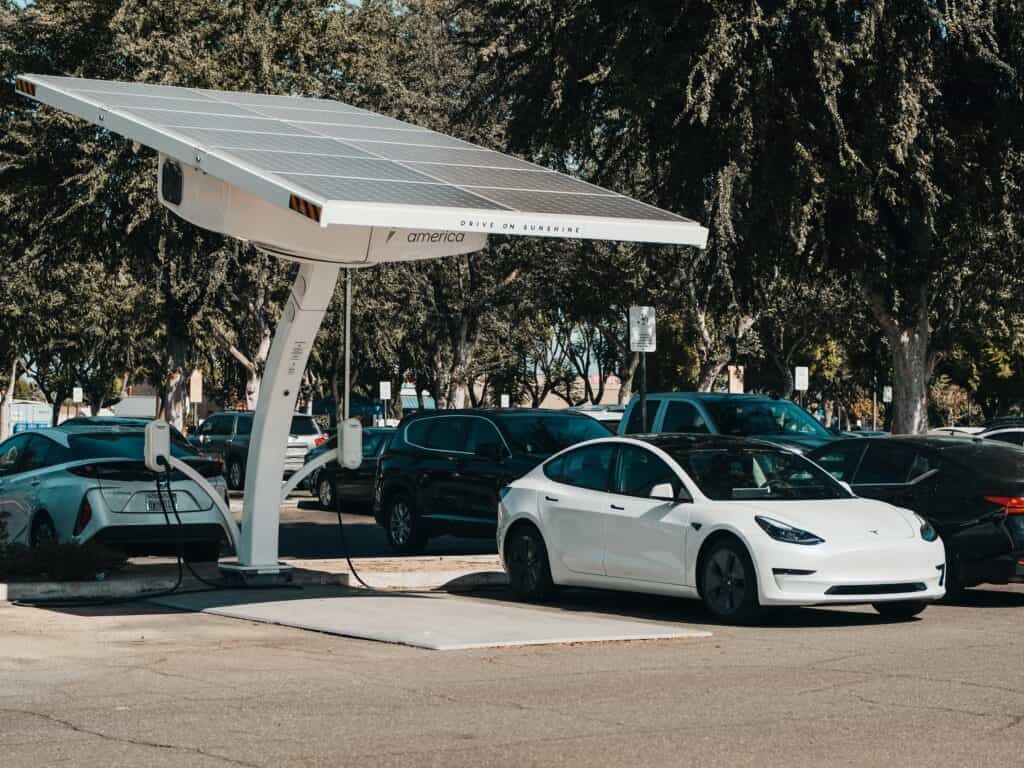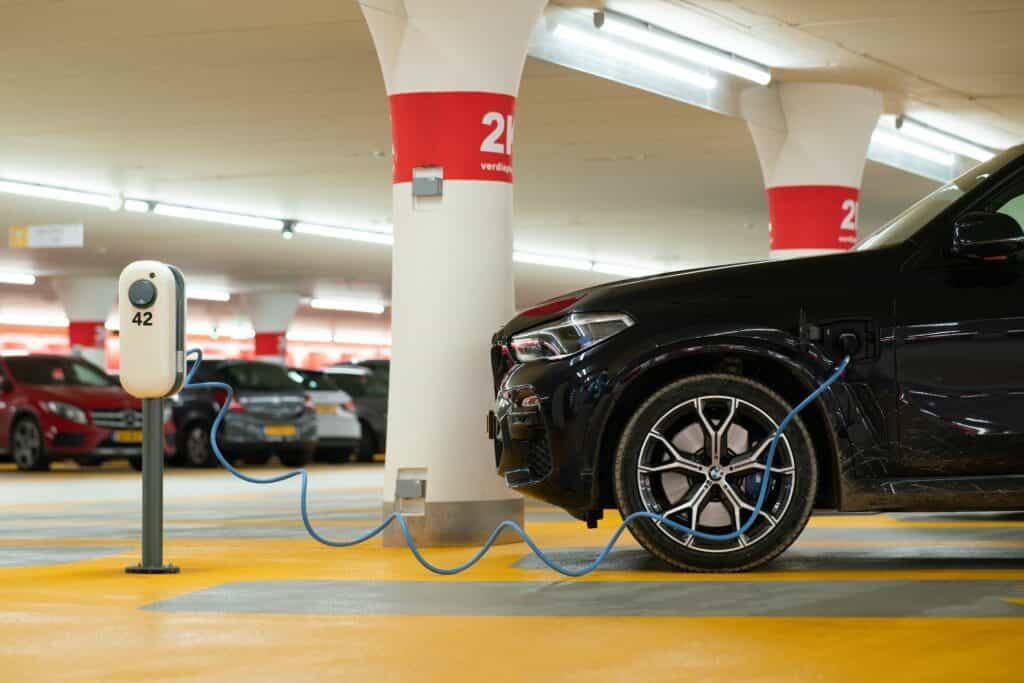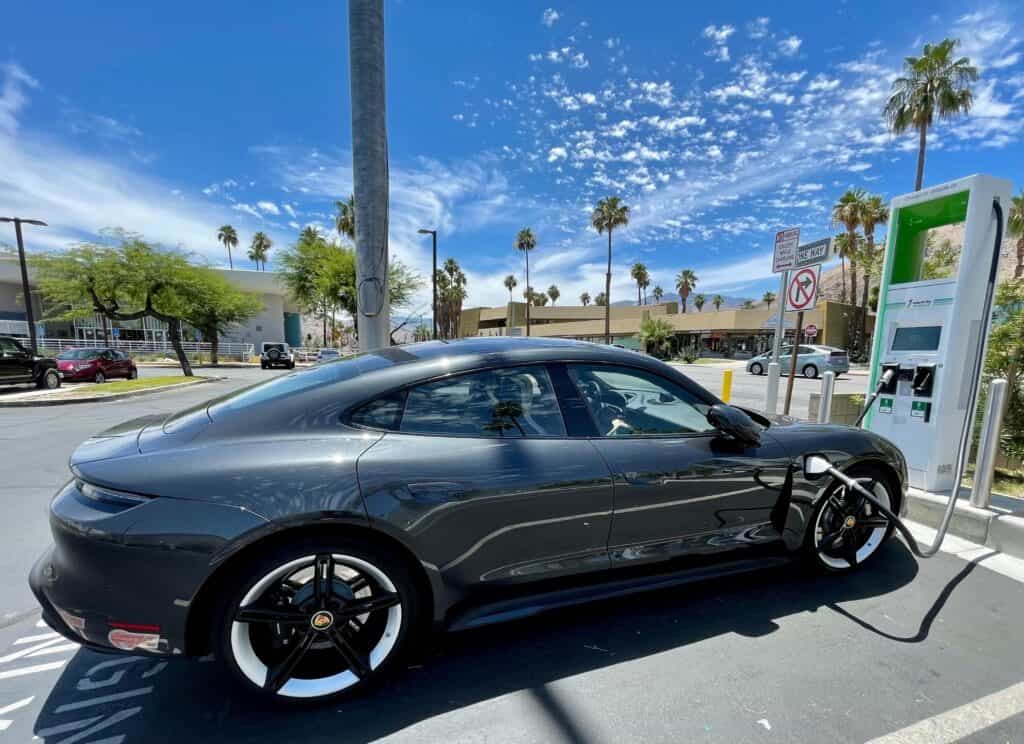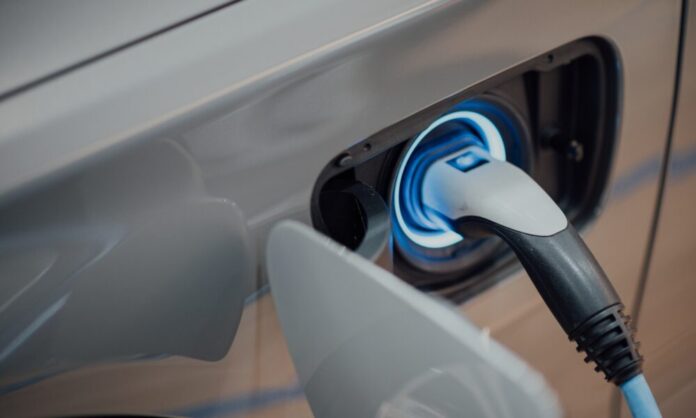The emergence of electric car batteries has offered a promising solution to tackle the environmental impact caused by fossil fuel-powered vehicles. Despite their numerous advantages, it is crucial to acknowledge the challenges and drawbacks associated with electric car batteries.

One significant cause for concern is the environmental consequences of battery production and disposal. The extraction and processing of raw materials, such as lithium, cobalt, and nickel, necessary for battery manufacturing, can result in severe ecological impacts.
Activities related to mining these minerals have been linked to detrimental consequences like deforestation, habitat destruction, and pollution. Additionally, the disposal and recycling of batteries pose significant challenges. Proper recycling infrastructure and practices are still evolving, and improper disposal can lead to hazardous waste and pollution.
Another issue revolves around the limited lifespan of electric car batteries. Over time, battery performance declines, leading to reduced driving range and the need for expensive replacements. The high cost of battery replacement remains a barrier for many potential electric vehicle owners.

Charging infrastructure also poses a concern. While the network of electric vehicle charging stations is expanding, it is not as extensive as conventional fueling stations. This can lead to range anxiety among electric vehicle owners, as they need to plan their trips and ensure access to charging points, especially on long journeys.
Furthermore, the energy-intensive nature of battery manufacturing and charging processes raises questions regarding the overall carbon footprint of electric vehicles. While these vehicles produce zero tailpipe emissions during operation, the emissions generated throughout battery production and electricity generation for charging must be taken into account to assess their true environmental impact.
In response to these challenges, continuous research and development efforts are dedicated to improving battery technologies, optimizing production processes, and advancing battery recycling capabilities. Investments are also being made to expand the charging infrastructure and alleviate range anxiety.

While electric car batteries present challenges, it is important to note that they are an evolving technology. As advancements are made, these challenges can be mitigated or overcome.
Continued innovation and sustainable practices in battery production, recycling, and charging infrastructure are essential to maximize the environmental benefits of electric vehicles and minimize their drawbacks.

